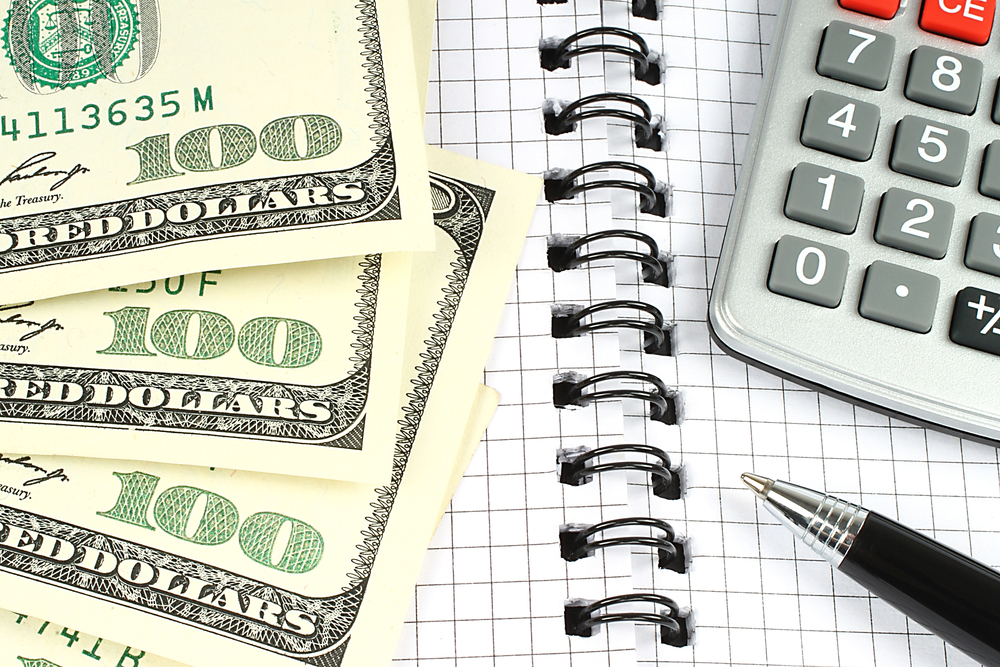A couple of decades ago, a bank account was opened over a cup of tea and a chat with a bank manager who knew most of his customers by name. Today, you’re not only unlikely to get the cup of tea, you will also pay far more for banking services and get less for your money. You will also be asked to pick the services best suited to your needs from a menu of banking products, most of which have fees attached to them that will be charged to your account. So before you dive in, it’s good to know a check from a cheque.
Figure Out your Banking Habits
Note down the answers to all the questions concerning you finances (having a previous bank statement on hand will help with this exercise). These include:
- Do I make many small transactions each month, or a few large ones?
- Would I prefer to bank via the internet or use telephone banking?
- Do I value face-to-face interaction with staff at a branch?
- Am I likely to need a cheque account, credit card or student loan?
- Would I prefer a debit card?
- Do I have a home loan and am I likely to need vehicle finance or a short-term loan at some point? (Keep in mind that short-term loan providers like the Wonga site do not charge any hidden fees.)
- Do I pay into a savings account every month?
- Would I like an overdraft facility?
Once you have decided what your personal banking needs are, get in touch with the various banks or visit their websites and begin to list the products available from your bank, and its competitors. Note down the fees associated with these activities and always check the finer details since extra fees are sometimes attached to low-fee products, and low fee accounts can have very low interest rates.
Basic Bank Accounts
Many banks offer accounts for low-income earners and pensioners. These accounts have low or no monthly account keeping fees and little or no interest. Often basic bank accounts will charge you for any extras and might not have a cheque book facility attached to the account.
Personal Transaction Accounts
Some banks offer personal transaction accounts which are standard accounts with a flat monthly fee that covers all transactions, a pay-per-transaction model, or a mixture of both. Questions to consider when deciding on a personal transaction account will include the number of ATM withdrawals and deposits you make each month, transactions at ATMs that do not belong to your bank, cheques, and over-the-counter assisted withdrawals and deposits.
How to Avoid High Bank Fees
- Look out for deals to waive or reduce the monthly account keeping fee. Certain banks offer this to students, or if you have another product with the same institution, like a housing loan, or you keep a minimum monthly balance in your account. Be careful to check how the bank calculates this minimum balance and look for an account that requires you to maintain an average daily balance, rather than a daily minimum balance.
- Another way to keep bank fees low is to research the smaller banks. Big banks offer you convenience at a cost. This includes many branches, ATMs and online financial centres. The smaller banks are able to offer lower bank fees because they have fewer branches and smaller overheads. So if lower prices for banking are more important to you than greater convenience, smaller banks are the way to go.
- Avoid a bounced cheque, and you will avoid the high penalty fees that go along with them. If at times your account is likely to be overdrawn, approach your bank about an overdraft facility, but be warned, high interest rates are charged for this service.
- Get clued-up on ATM usage. ATM cards are probably the most revolutionary product banks have come up with. You can draw money anywhere and at any time, but the consumer does pay for this convenience. You will save on banking fees if you use your ATM card sparingly. Instead of taking a small amount out of your account several times a week, withdraw a larger amount once a week. Try never to use another financial institution’s ATM: The fee for this is higher than withdrawing the same amount from your own bank’s ATM.
- Many banks have brought in the debit card in place of the standard ATM card. These cards allow you to withdraw money from your account for purchases and some banks even allow you to withdraw cash at a supermarket till while making your purchases. Again, check the surcharges for using a debit card.
Although a little homework is initially required to figure out the best banking products for your personal needs, it will pay in the long run with a little more of your hard-earned money staying put in your pocket.

